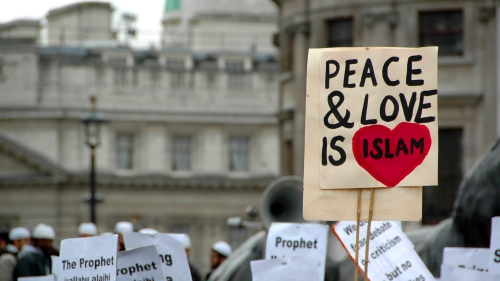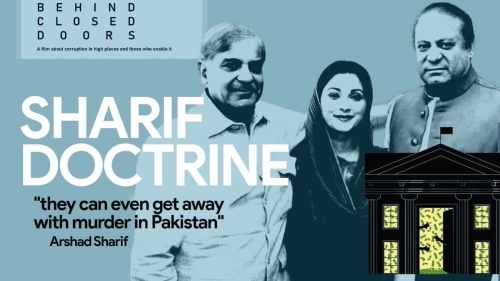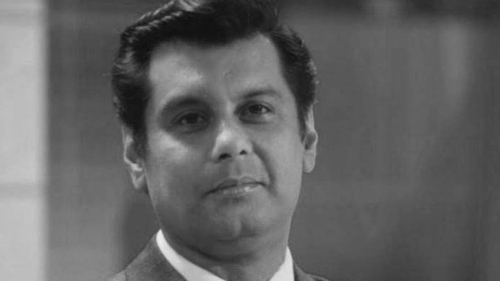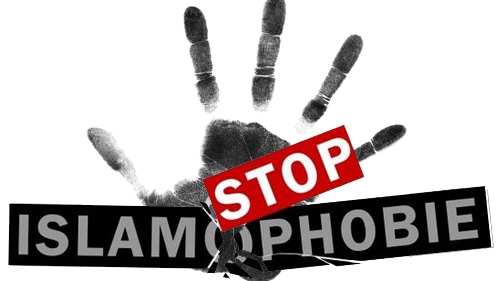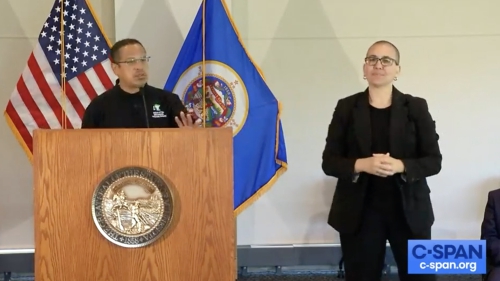Freedom of the Press: Between Theory and Practice
by Ramzy Baroud
There are many other ways to disagree with a journalist's viewpoint aside from arresting him or her.
From the beginnings of civil society, people's different approaches to issues facing them have caused great barriers. Yet, many civilizations have succeeded in learning from its people's differences and disagreements, turning these divisions thereafter into an asset for progress and a tool of learning.
Unfortunately, thousands of years after such comprehension, it is still ordinary news to learn that journalists, intellectuals, writers and activists have been arrested, tried, sent to prison and even murdered for innocently expressing their views on important matters that touch the deepest values of their nations.
Freedom of expression and freedom of speech don't necessarily mean that the individual possesses the right to disturb the social harmony of society, nor to insult the cherished values of a people. Yet, the very thin line between what is appropriate and what is not appropriate regarding expressing one's views, has been a golden opportunity for some governments to crack down on those intellectuals who propose a disagreement or suggest an alternative method for handling important matters.
One cannot help however, to detect a common denominator in most of these cases in which journalists are punished for expressing their ideas.
On Saturday, August 14th, three Egyptian journalists were sentenced to serve a two-year prison sentence for "libeling" Egypt's deputy Prime Minister. The three imprisoned journalists work for the same newspaper, Al-Shaab which is known for its affiliation with Egypt's Muslim Brotherhood.
Magdi Hussein, Al-Shaab's editor-in-chief, was also sentenced to a two-year term last year for similar charges. Even though the Supreme Court released him after a settlement was reached, the frequency of such conduct is an alarming indication of how easy it is to convict a journalist nowadays.
In addition to the convictions of the three Egyptian journalists, two Palestinian journalists were arrested Saturday by the Palestinian National Authority Police for allegedly misquoting the Palestinian Attorney General in a recently published interview. Dr. Ghazi Hamad, the editor-in-chief of Al-Rissalah Newspaper, and a journalist who works for the paper were interrogated for hours, and a decision to extend their arrest for another 48 hours was initiated later on.
Both the Egyptian and Palestinian papers represent recognized Islamic opposition parties known for their moderate perspectives in contemporary political affairs.
In the Egyptian case, the Deputy Prime Minister was criticized for his strong ties with Israel and for intentionally hurting agricultural production for the country, by importing inadequate Israeli technology. In the Palestinian case, as in several other cases in the past, the motive behind the arrest was simply disagreeing with the PNA and its leadership.
Several points are worthy of mentioning regarding such acts.
First, most of the detainees and sentenced journalists have one thing in common; the refusal of what they describe as unjust peace settlements with Israel.
Secondly, in many occurrences, those arrested are associated with Islamic parties who have accepted to use political means as a form of change and therefore were incorporated into the political system of their homelands.
Finally, yet very importantly, those who were sentenced to serve prison terms were tried in criminal courts, based on what their governments perceive as legal trials.
The final point in particular opens an important issue for examination. Most Middle Eastern countries which claim that they embrace democratic values, cherish freedom of speech, encourage productive debates and dialogues, rushed with counter laws which completely negated the entire concept of freedom of speech.
The recent press law in Jordan and the 1996 press law in Egypt (which convicted the 3 Egyptian journalists), were criticized by those concerned with human rights and freedom of expression in these respective countries.
So what the law has given with the right hand, to ease injustice and grant freedom, the governments have snatched with the left hand under various excuses and justifications.
Freedom is not a fancy word that can exclusively be used for heated governmental speeches and official announcements. Freedom is a right, a duty and a challenge. While journalists are urged to resort to constructive criticism, the governments should not silence the opposition with handcuffs and dark prison cells.
For trust to be established between the governor and the governed, a permanent line of honest, truthful and free dialogue must be kept open at all times.






